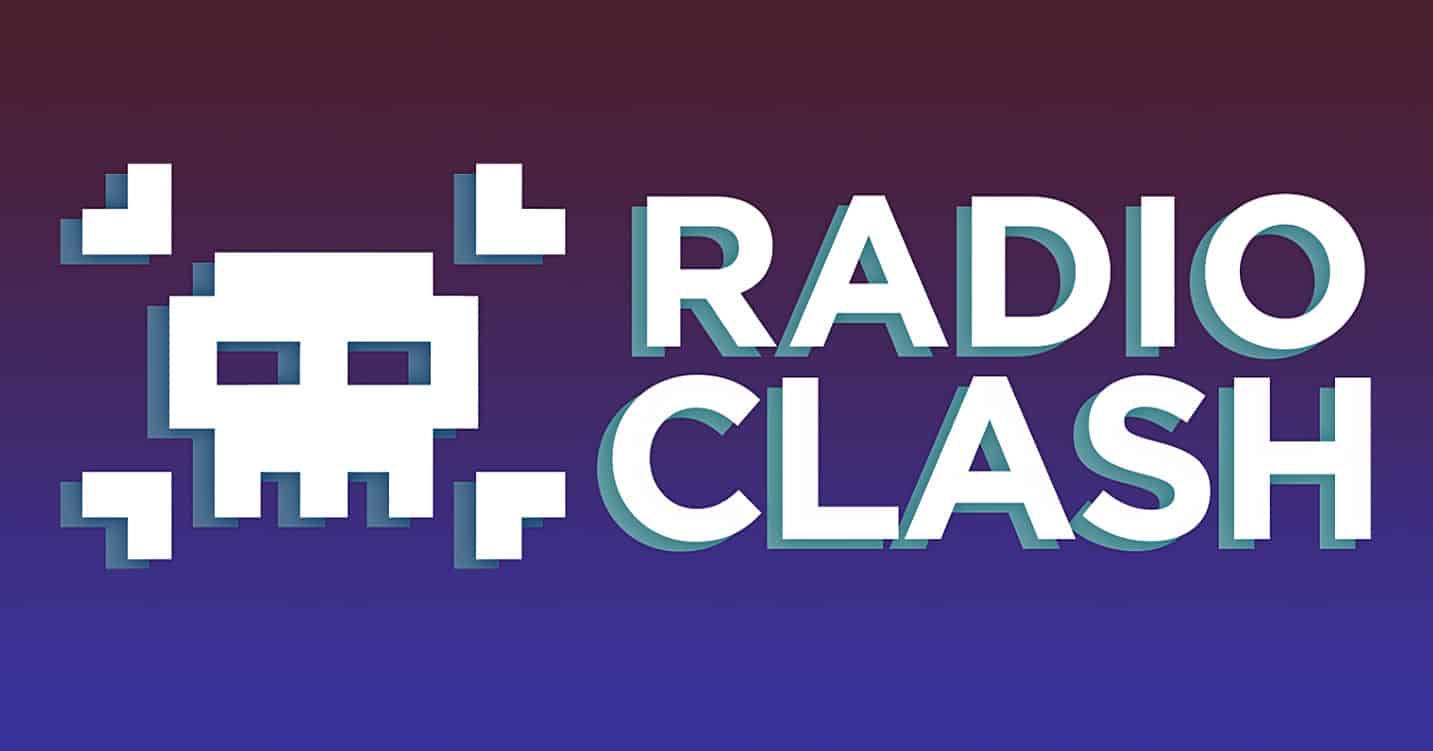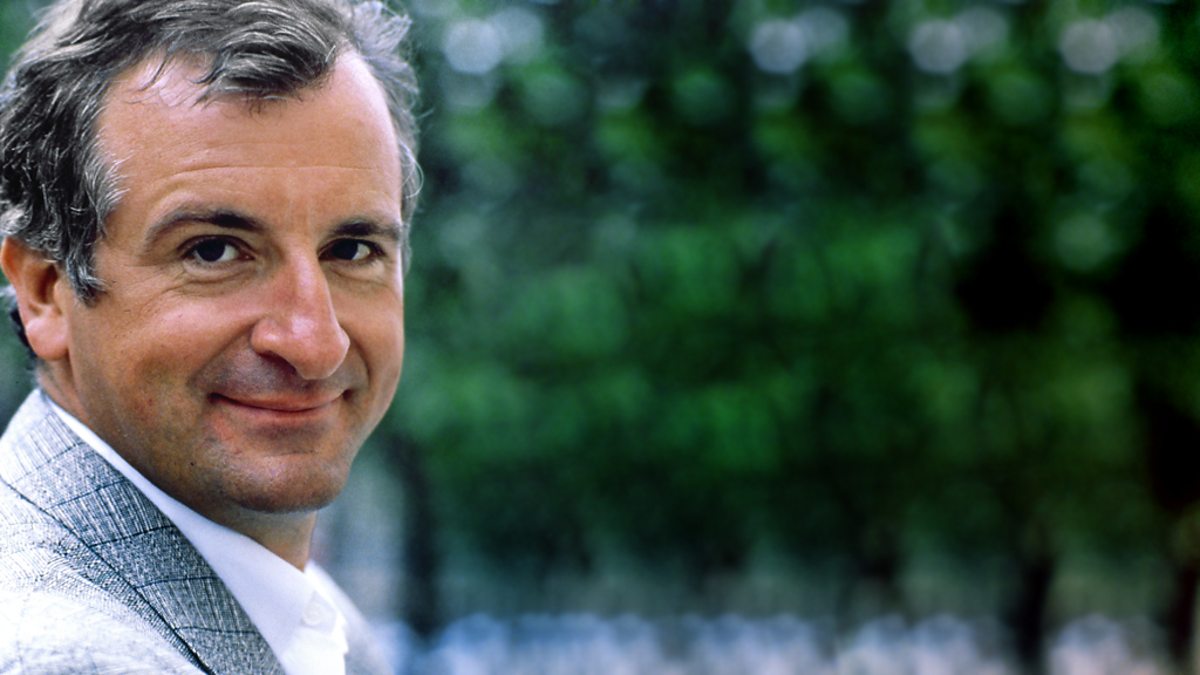I’ve been listening to Douglas Adams at the BBC which has clips from various series he was involved with, and it pointed out how much of a futurist and technologist he was (although one that realised the down side of technology – as he quotes Bran Ferren “”Technology is a word that describes something that doesn’t work yet”). I don’t think for instance he gets the credit he deserves for inventing the wiki – the concept of a crowdsourced encyclopedia didn’t really exist until he invented The Book and more directly the h2g2 site. So when I saw Wikipedia I wasn’t really that amazed.
One early example of this was apart from his articles on the Mac and multimedia (one of which I had on the wall as a kid) was Hyperland, a TV program he wrote for BBC Two in 1990.
Starring Tom Baker as the software agent, this ‘interactive TV’ (more of that later) it introduced the concept of hypertext and interactive multimedia several years before Tim Berners-Lee had invented the World Wide Web (in fact it actually goes back to the 1960’s, from Ted Nelson and others a fact that people sadly forget) and many years before multimedia born any serious widespread fruit (the niche and expensive likes of Videodisc and early Amiga devices not allowing…I wonder if this might have been created on a Amiga?). Very ahead of it’s time, although the Virtual Reality sections from NASA and ‘2005’ are very dated, but also shows how little we’ve progressed in 25 years – Oculus Rift might exist, but it’s far from mainstream, still waiting for that killer app.
Another one I missed (or possibly avoided given I was at the coalface of New Media at the time, and was a little fed up of dumb cyberspace tie-ins) was The Hitchhiker’s Guide To The Future from 2000 which was way ahead of it’s time. A four part radio series, it covers music, publishing, broadcasting and convergence.
The first one on music has the great point that new media won’t destroy old media unless there is a very good reason, which is contrary to the Napster scares of the time, and that all that deleted TV and radio from the 1950s-70’s has been saved via piracy (BBC Worldwide would have been a LOT poorer without pirates!). And vinyl still exists, 14 years later. Micropayments? Paypal.
Brian Eno was completely on the money over ‘deluxe’ formats (180Gsm vinyl, CDs with books or download codes) and digital music. Contrary to what Jim Kerr says people do swap demos and their own music now, Bandcamp – and even back then, on a lesser known fileshare application called Audiogalaxy I was hunting rare 12″s, deleted KLF tracks, and I was not alone since that system made a value over rarity rather than frequency. This is why I never got the clampdown over Napster, Kazaa et al, since a large part of that sharing was live bootlegs, mashups, leaks, unofficial remixes, old deleted music – stuff that you could not get anywhere else. Let alone pay for as Douglas points out.
The publications one is a bit funny and quaint now, given that e-Paper (sort of mentioned in the program), Kindle and Amazon have taken over…Muriel Gray’s assertion that e-Books will only ever be a novelty is hilarious, something akin to EMI telling the Beatles that guitar music won’t sell. But again, points out correctly that electronic books won’t destroy paper ones, just shift the latter into luxury, recreational and nostalgia territories.
Not all of them were right – in #3 on broadcasting, that old shibboleth interactive TV was touted, the idea of multiple narratives and ‘voting’ was mostly a bust (Netflix and EPG excepted) and Douglas was right there (given I suspect his previous brush with it), it was too old and dusty a medium to retrofit. Interesting how YouTube totally passed them by…’video over the Internet is terrible’ – that changed quite quickly!
But although Douglas was mocking the American lady with ‘The World I Can Call Into’ – that’s Game of Thrones! (he hated Hollywood because of the hell that the H2G2 movie went through). But Mike Figgis and the woman talking about DIY video and film production was completely on track – see all the YouTube GoPro or RED films being produced nowadays, at a fraction of cost.
Also it’s slightly alarming to hear people talk of ‘listening paint’ and what we call now the Internet of Things without even considering privacy (while ironically saying that that the simple machine, bottom up approach is better than a totalitarian Fascist or Communist top-down approach). You could not have this conversation post-Snowden without talking of the risk of Big Brother created by many small machines watching the populace..Like drones, nanotech isn’t seen so innocently anymore, whatever the transhumanists say.
So how much did he get right? Mitch Benn recently hosted a Radio 4 program about this very series called ‘Did Douglas Get It Right?’ to discuss this. It’s a good place to start if you don’t want to listen to the four programs!


Leave a Comment! Be nice….